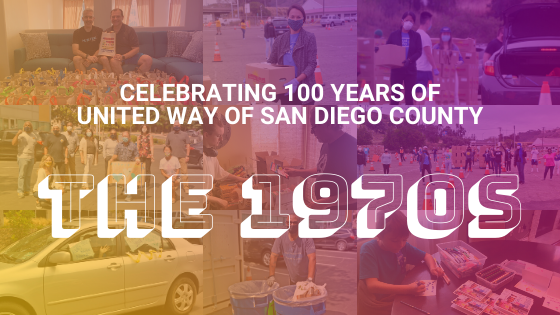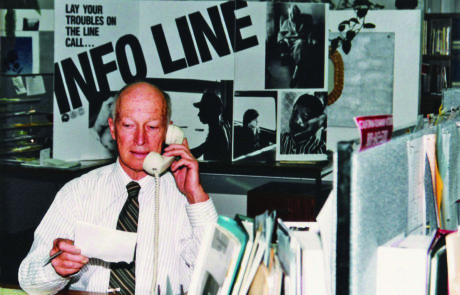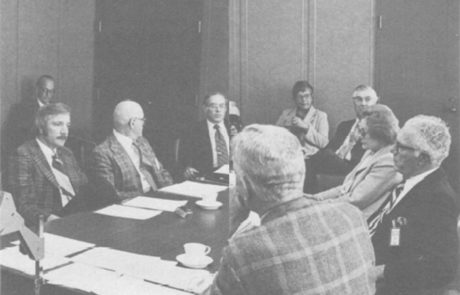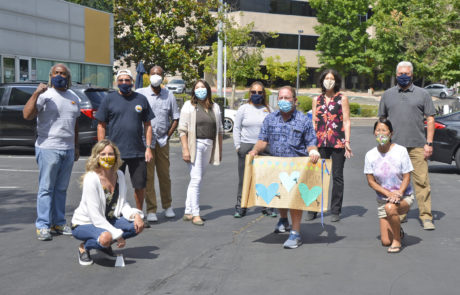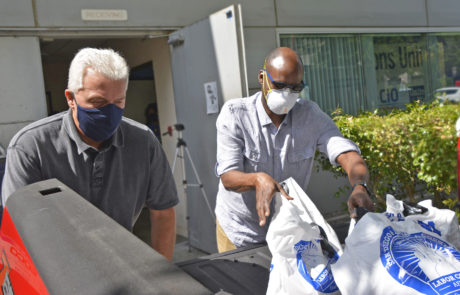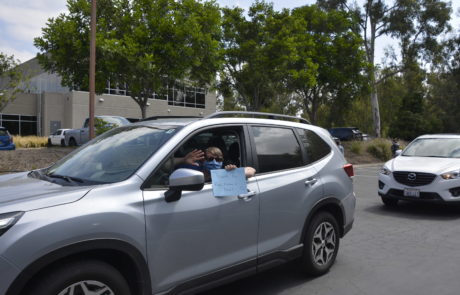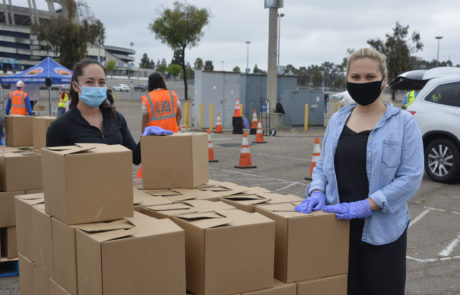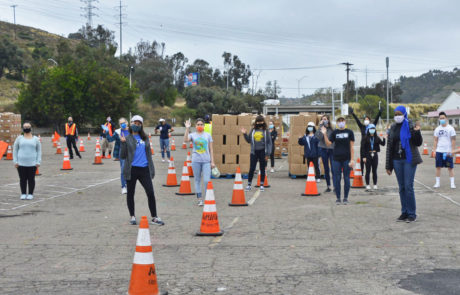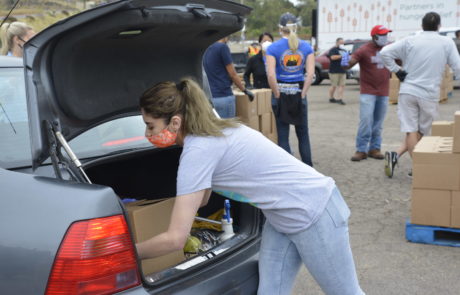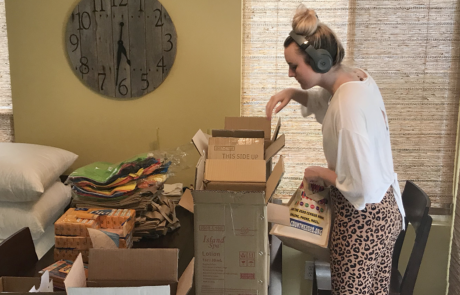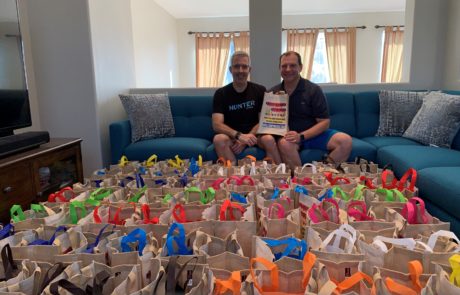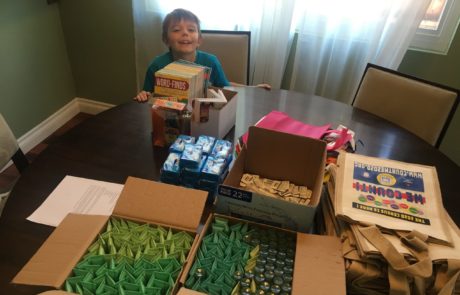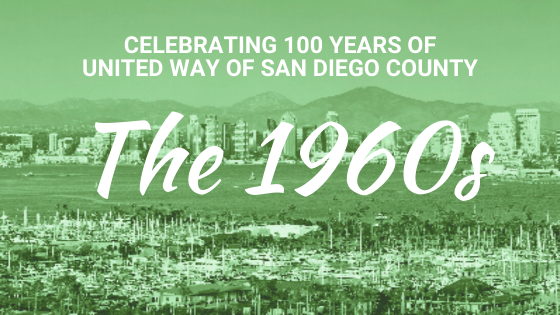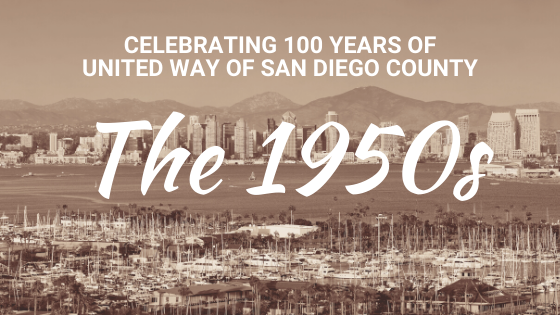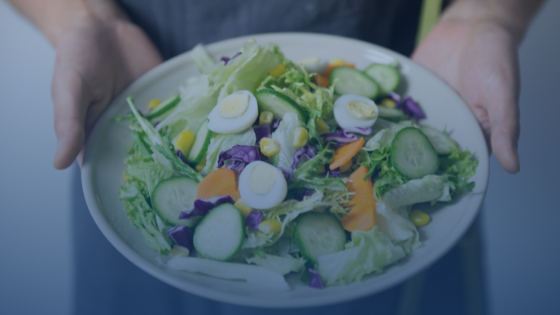UWSD’s Strategy for the Future, EDICT 2030, Aims to Reduce Disparities
UWSD’s Strategy for the Future, EDICT 2030, Aims to Reduce Disparities
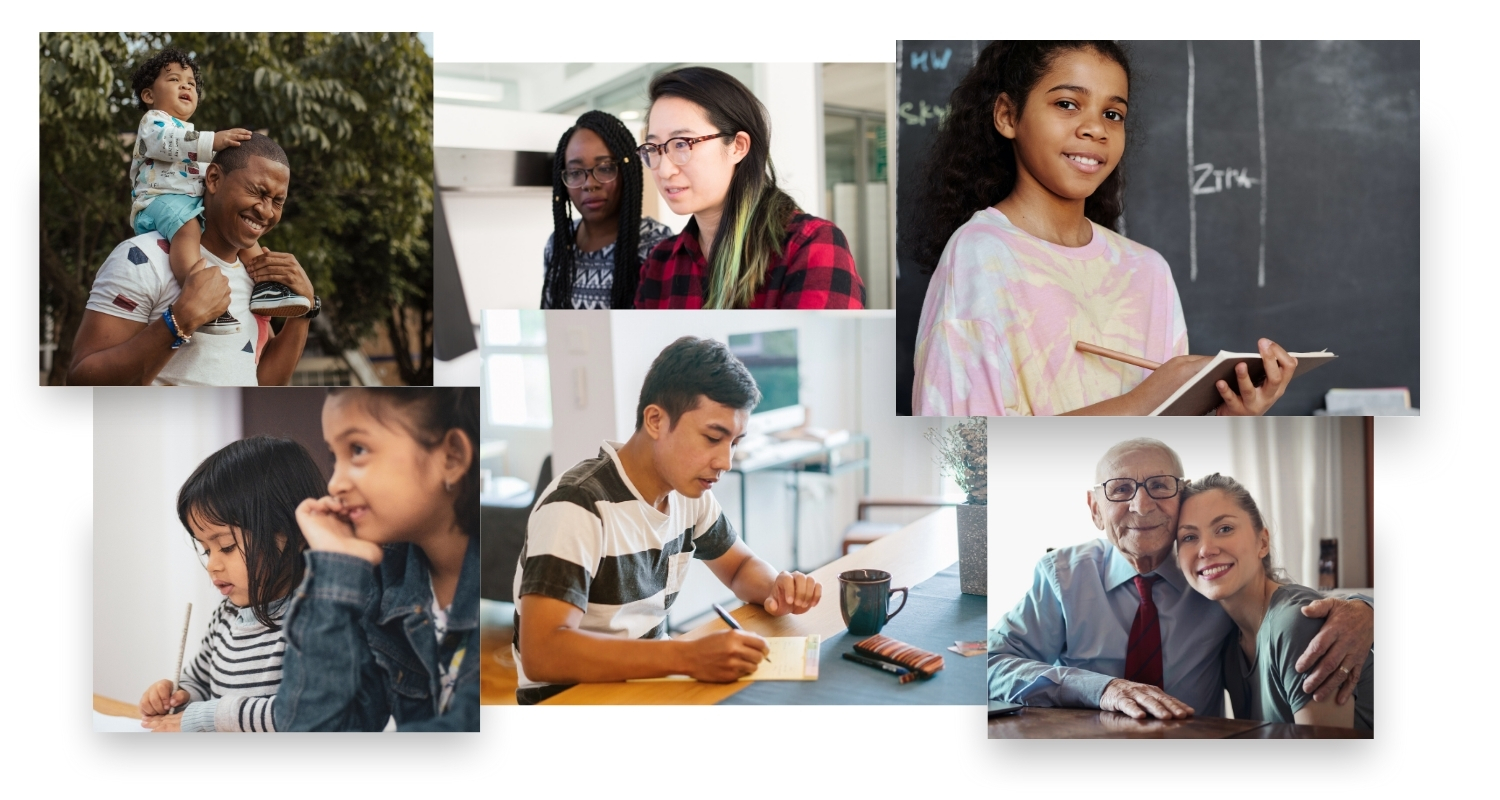
This year, we have been celebrating the 100 year anniversary of United Way of San Diego County. 100 years is epic, particularly in a world where changes happen by the hour. What hasn’t changed is our commitment to ensuring that every child, young adult, and family – regardless of zip code or income – has the chance to succeed.
It is clear to us at UWSD that the stability of the family plays a critical role in early childhood development. We’re also keenly aware that there are many families in San Diego who can’t afford to meet their basic needs. This scarcity cripples a child’s ability to learn. As a leader in our community, we are bringing together partners to align goals and leverage resources and expertise. That way, we can reconstruct systems and resolve inequities to transform lives.
This is what we have valued for the past 100 years and what we will continue to value for the next 100.
2020 has been an unprecedented year, to say the least. The public health and economic crisis brought on by COVID-19 and the proliferation of the social justice movement when George Floyd was killed at the hands of police have illuminated the truth that our most marginalized communities are not included in the American Dream.
As our nation works to respond and recover to these issues, we must also reimagine our future and rebuild our community in a way that ensures a more equitable society. Now more than ever, we must realize that we are all in this together – and it will take all of us working TOGETHER to overcome the systemic barriers that have led to inequities in our communities.
That leads us to our strategy for the future – “Mind The Gap: EDICT 2030”. EDICT stands for “Ending Disparities In Communities not Thriving”. It is our north star and an audacious goal. And the work cannot be done alone.
What do we mean by “gap”? Let’s use data to describe it:
- 80% of White and Asian third graders read at grade level, but only 50% of their Brown and Black classmates do.
- Nearly 24,000 students in grades K-12 live in households that are doubled up with family or friends because they are unable to maintain housing on their own. This can be uncomfortable, make it difficult to learn, and can impact education success. It’s not just about a child not reading at grade level. Students are facing challenges like this and if there’s instability in the household it can impact a child’s ability to learn and thrive.
- Black and Hispanic students are twice as likely as white students to have received no live contact with teachers while learning remotely.
- Students on average could lose five to nine months of learning by the end of June 2021; students of color could be six to 12 months behind, compared with four to eight months for white students.
- 31% of San Diegans are food insecure. When families don’t have access to food, that becomes their first priority and daily stressor, making it difficult to focus on other important tasks like finding a job or getting their kids to school. If parents or guardians don’t know where their next meal is coming from, this can also significantly impact a student’s education success.
These few data points are evidence that today’s pandemics have a vastly disproportionate impact on our Black and Brown kids. “Mind The Gap” is all about ending these disparities. With a commitment to racial equity and justice, our entire organization pledges to achieve this vision.
Our team at UWSD doesn’t only IMAGINE this; we are the CATALYST for this. And we’re doubling down with our partners for solutions. Our super power is elevating the best ways to support early childhood success and family stability built on proven practices and solid data, along with our partners’ expertise. We reimagine a future for our region where “The Gap” closes by 2030.
Updated April 2021
